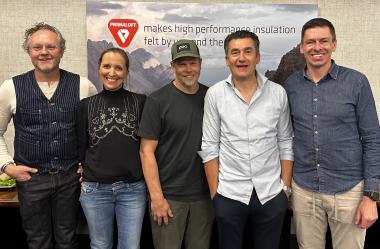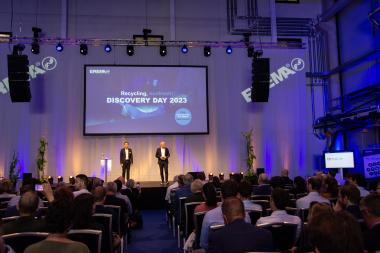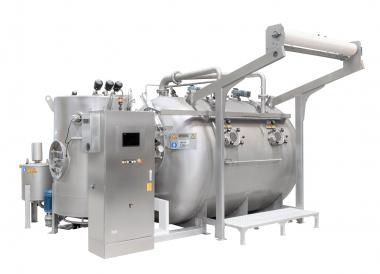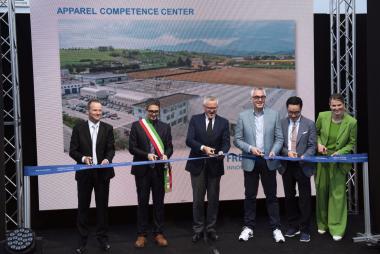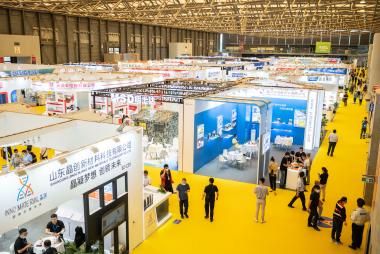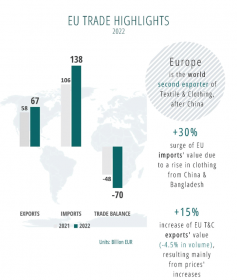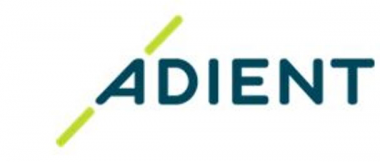PrimaLoft, Inc. appoints new Sales Leadership in Europe and reorganizes Territories
PrimaLoft Inc., a leader in advanced material technology, announced the reorganization of its European sales management team. Effective June 1st, Leonardo Loro has promoted to the position of Sales Leader, Europe. Additionally, the company welcomes Mario Vlietinck as the new Territory Manager for France, Benelux & Denmark.
To further streamline operations and maximize opportunities, PrimaLoft is also implementing a territory reorganization to better align existing sales talent with market opportunities. These moves will strengthen the company’s sales strategy in the region.
Leonardo Loro will lead the European sales team and report directly to Chris Humphris, SVP, Global Sales. "With over a decade of experience as the sales and marketing manager for the southern European market, including France, Italy, Spain, and Portugal, Leonardo has demonstrated exceptional skills in building customer relationships and identifying new business opportunities. His invaluable contributions to our sales efforts make him the ideal candidate to lead and elevate our business in Europe", said Humphris. In his new leadership role, Loro will continue to manage brands in Italy and Spain, as well as military sales efforts in Europe.
Mario Vlietinck joins the PrimaLoft team and will be responsible for managing and developing business relationships with PrimaLoft brand partners in France, Benelux & Denmark. Vlietinck brings a wealth of knowledge in sales and the outdoor industry, previously serving as the head of Apparel & Footwear for Katoen Natie, as well as working for brands such as Reebok, Merrell, and Vannese. "Mario’s background in product development, business development, and international sales positions him as a great asset to our company goals,” said Humphris. Vlietinck will report to Leonardo Loro.
Sales Territory Reorganization
Wim Neels, VP of business development for fashion and lifestyle, will be responsible for all Fashion & Lifestyle brands across Europe, with the exception of Italy & Spain, which remain the responsibility of Leonardo Loro.
Bartosz Lassak will expand his territory responsibility to include outdoor performance brands in the United Kingdom, in addition to Eastern Europe and Turkey. He will also handle any opportunities from North Africa, as well as any brands located outside of other European coverage.
Valerie Raths Goesel will oversee the management of all outdoor performance brands in the Germany, Austria, and Switzerland region.
Mats Jengard will remain the territory manager for Scandinavia (Norway, Sweden, Finland & Iceland), focusing outdoor performance brands.
PrimaLoft, Inc.


